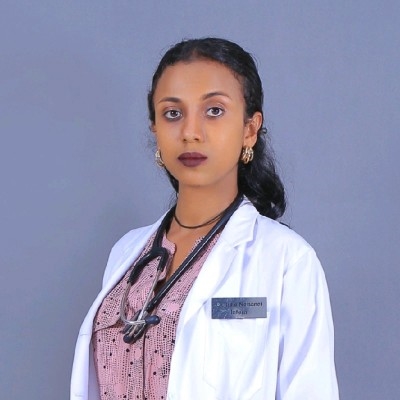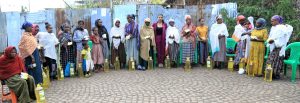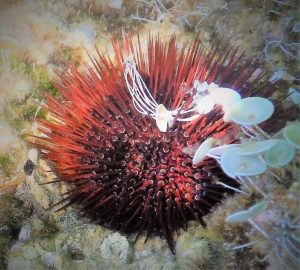IN A NUTSHELL
Editor's Note
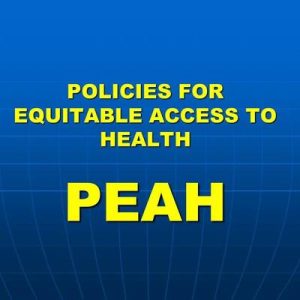 A report here on a recently conducted training program "Empowering Women in Bugesera District for Climate Resilience" to let women in Rwanda better understand climate change and equip them with the skills to build resilience in their communities.
The training highlighted the crucial role of women in combating climate change and promoting sustainable practices. As maintained in the report, …women are, indeed, key agents of change in the fight against climate change and environmental degradation. By adopting sustainable practices, participating in community-driven reforestation projects, and promoting organic farming, women can significantly contribute to climate resilience…
A report here on a recently conducted training program "Empowering Women in Bugesera District for Climate Resilience" to let women in Rwanda better understand climate change and equip them with the skills to build resilience in their communities.
The training highlighted the crucial role of women in combating climate change and promoting sustainable practices. As maintained in the report, …women are, indeed, key agents of change in the fight against climate change and environmental degradation. By adopting sustainable practices, participating in community-driven reforestation projects, and promoting organic farming, women can significantly contribute to climate resilience…

By Innocent Musore
Executive Director
Global Initiative for Environment and Reconciliation-GER
Kigali City, Rwanda
Empowering Women in Bugesera District for Climate Resilience
Training Report
In partnership with ACORD Rwanda, AFD and CCFD Terre-Solitaire: Feminists for Climate and Environnent Alternatives
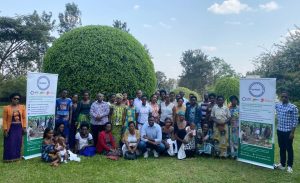
In partnership with Agency for Cooperation and Research in Development (ACORD) Rwanda, Agence Française de Développement (AFD), and Comité Catholique contre la Faim et pour le Développement-Terre Solidaire (CCFD), GER-Rwanda conducted a training program titled “Empowering Women in Bugesera District for Climate Resilience.” The training, held in Bugesera District, targeted women to enhance their understanding of climate change and equip them with the skills to build resilience in their communities.
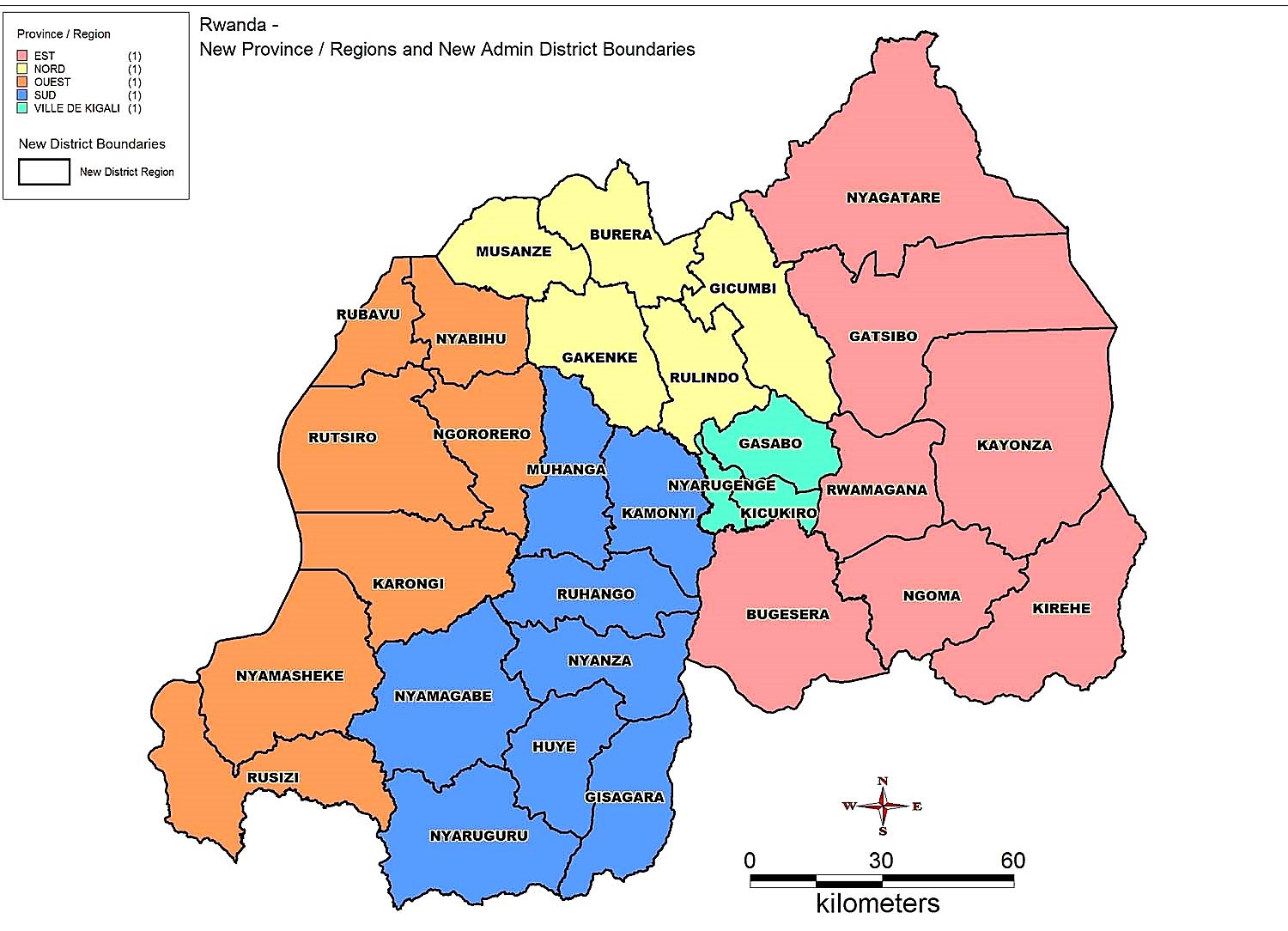
Rwanda's districts. Image Source: Government of Rwanda
The training aimed to improve women’s understanding of climate change and its impacts, particularly on women. It focused on understanding the causes and manifestations of climate change in Bugesera District, emphasizing the challenges faced by women due to their traditional roles. The training also explored the gender dimension of climate change, highlighting how traditional gender roles and unequal access to resources exacerbate the impact of climate change on women. It also highlighted the intersectionality of gender and environment, including cultural and societal gender roles in Rwanda, unpaid care work, environmental degradation, and men’s role in supporting women and reducing gender disparities.
The training also highlighted women as agents of change, showcasing strategies for building climate resilience, such as improved cooking stoves, sustainable agriculture practices, and knowledge sharing and peer learning. It also highlighted the importance of gender equality in building climate resilience, promoting shared household responsibilities and female-headed households’ participation in community-based adaptation efforts. The training also highlighted the importance of indigenous knowledge in climate adaptation, highlighting practices like using organic fertilizers and preserving native seeds.
GER-Rwanda, a non-governmental organization, is dedicated to peacebuilding and improving livelihoods through ecosystem conservation. Executive Director Innocent Musore introduced the FACE project, which aims to raise awareness among women about climate change adaptation. Women, who are disproportionately affected by climate change, play a crucial role in environmental stewardship and decision-making. The project targets women in Bugesera District, who are often the ones experiencing the harsh effects of climate change and are capable of caring for the environment. The training program represents a significant step forward in empowering women to become active agents of change in the face of climate change. GER-Rwanda aims to build a more resilient future for all communities in the region through continued support and collaboration.
In regard to the Role of women in finding solutions to combat climate change and environmental degradation, the participants and presenters pointed out that women play a pivotal role in ensuring climate resilience and mitigating environmental degradation. As primary participants in agricultural activities, women are often at the forefront of both contributing to and combating climate change. Their practices, such as deforestation for agriculture and burning bushes, can accelerate climate change, but their active engagement in sustainable practices can significantly reverse this trend.
This was highlighted during different discussions, presentations and exchange of best practices:
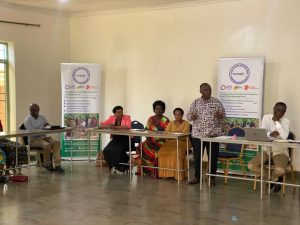
The discussions revolved around the importance of women participating in environmentally friendly activities, such as tree planting and adopting alternative agricultural methods that do not harm the environment as highlighted by discussions from some of the participants below:
- Uwimana Jeanne D’arc one of the participants discussed the role of Bugesera district in mitigating the effects of climate change. Her presentation majorly embarked on understanding what climate change is, to which she pointed out that climate is regarded to have changed once there is a long-term change in the weather, particularly over a period of 30 years.
- Etienne emphasized the need for women to take personal responsibility for climate resilience and apply the knowledge and practices learned during the meeting to their daily lives.
- Dative, with her association, has been planting trees every September, highlighting the need to support women who are heads of their households. She proposed dedicating specific days to assist these women in planting trees alongside their crops, enhancing reforestation efforts and empowering them to contribute actively to environmental sustainability.
- Bamurange encouraged women to plant fruit trees, which would serve dual purposes: reducing the rate of climate change and promoting food security. She called for a partnership between women and the Green Environment Resilience (GER) organization to expand this project.
- Francois Munyentwari, Director of ACORD Rwanda, initiated a discussion by asking participants about their experiences with climate change and its impact on women. He explained that women are more vulnerable to climate change effects compared to men. Munyentwari urged participants to assess their farming practices and adopt eco-friendly methods, educating young children about biodiversity conservation.
- Gimu Shyikiro addressed the intersection of gender and environmental issues, highlighting the economic value of unpaid care work and the lack of recognition it receives. He also discussed gender-based violence (GBV) and the various forms of harassment women face. Shyikiro emphasized that women are disproportionately affected by climate change due to their responsibilities in water collection, cooking, and household chores. He advocated for men’s support in these tasks to alleviate the burden on women and reduce family conflicts.
- Matabaro David, an experienced agro-ecology practitioner, discussed the importance of preserving indigenous seeds and crops that are well-adapted to local climates.
- Jeanne d’Arc, a leader in charge of agriculture in Bugesera District, reiterated the government’s support for organic fertilizers and encouraged mixing them with chemical fertilizers for optimal productivity.
- David and Dative demonstrated practical methods for making compost, highlighting its benefits for soil health and crop yields. Participants committed to becoming ambassadors for climate-friendly practices in their communities.
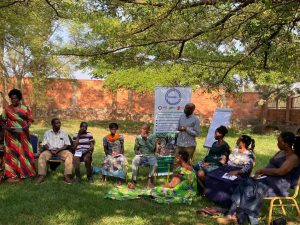
The training on climate change and its impact received positive feedback from participants, who felt empowered to take action. They actively participated in knowledge sharing and committed to implementing sustainable practices in their households and communities (see photo below)
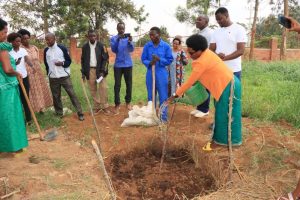
GER-Rwanda plans to continue supporting women through technical assistance, community outreach, and collaboration with partner organizations to expand the program’s reach and impact. This will involve providing ongoing guidance on sustainable agriculture and resource management, encouraging knowledge sharing, and fostering a network of climate champions.
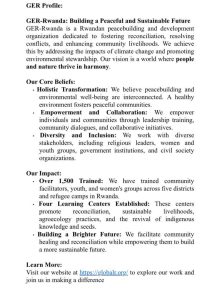
In conclusion, the training highlighted the crucial role of women in combating climate change and promoting sustainable practices. Participants left with a deeper understanding of their impact on the environment and a commitment to implementing the knowledge gained. Executive Director Innocent Musore urged participants to apply these practices and share their experiences in future gatherings, fostering a collaborative effort towards a sustainable future. Women are key agents of change in the fight against climate change and environmental degradation. By adopting sustainable practices, participating in community-driven reforestation projects, and promoting organic farming, women can significantly contribute to climate resilience. Supporting women, especially those who are heads of households, in these efforts is crucial. By working together, women can lead the charge towards a sustainable future, ensuring that the environment is preserved for future generations.
—
By the same Author on PEAH
Workshop: Engaging Women in Nature-Based Solutions to Improve Livelihood, Ecosystem Conservation; Resilience to Climate Change and Peace Building in Bugesera; Rwanda
A Message From Global Initiative for Environment and Reconciliation – GER Rwanda
Improving Communities’ Livelihood, Healing and Reconciliation in Rwanda
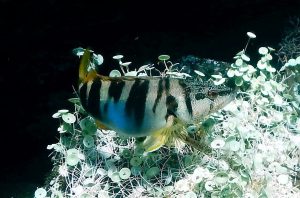

 We are pleased to publish as received the key highlights of a project proposal by PEAH acknowledged partner and Ethiopian activist Liele Netsanet Desta.
In 2021 Dr. Netsanet founded
We are pleased to publish as received the key highlights of a project proposal by PEAH acknowledged partner and Ethiopian activist Liele Netsanet Desta.
In 2021 Dr. Netsanet founded 